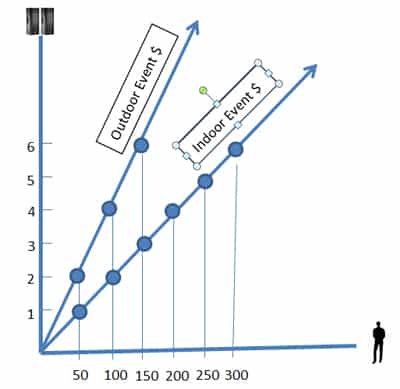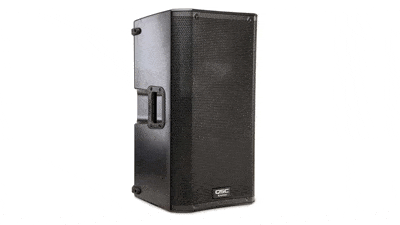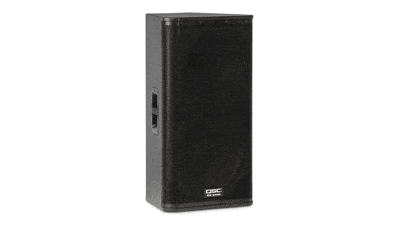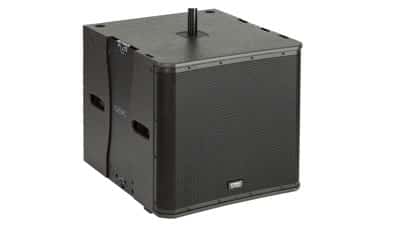Speaker Rental – Active And Passive Models
Features
✓ Speakers are powered.
✓ Accept XLR Cables.
✓ Can be looped .
✓ Equalization Option.
✓ Indoor/Outdoor use.
Birthday parties, sweet sixteen, Bar Mitzvah, small wedding parties
Or any indoor event involving not more than 50 people (basement).
» One 10" speaker for 50 (or less) indoor Basic Speaker A
» Two 10" speakers for 50 (or less) outdoor Basic Speaker A
» One 15" speakers for 50 outdoor (or less) Basic Speaker B
Pro speakers have more power. Large Wedding, Conventions
» One 15" speaker for 75 indoor Pro Speaker A
» Two 15" speakers for 150 indoor Pro Speaker A
» Four 15" speakers for 150 outdoor Pro Speaker A
large indoor or outdoor events like rallies and live shows etc.
» One 15" speaker for 350 indoor Ultimate Speaker A
» Two 15" speakers for 700 indoor Ultimate Speaker A
Any Group Size.
Recommended for professional Disc jockey.
QSC 12" & QSC KW speakers at the bottom of this page is an example.
Also consider KW153 (3 ways speakers) for excellent sound quality.
different layout
Sometime, the layout is different e.g. some people are sitting in the balcony, some are sitting outdoor where there is no electricity and the speaker is going to be in a different quiet room. And you still, want everybody to hear equal quality/level of sound everywhere.
For this, call us for a free consultation. We might have to come down to see the place. Or email us your layout to see if we can figure out a different package for you.
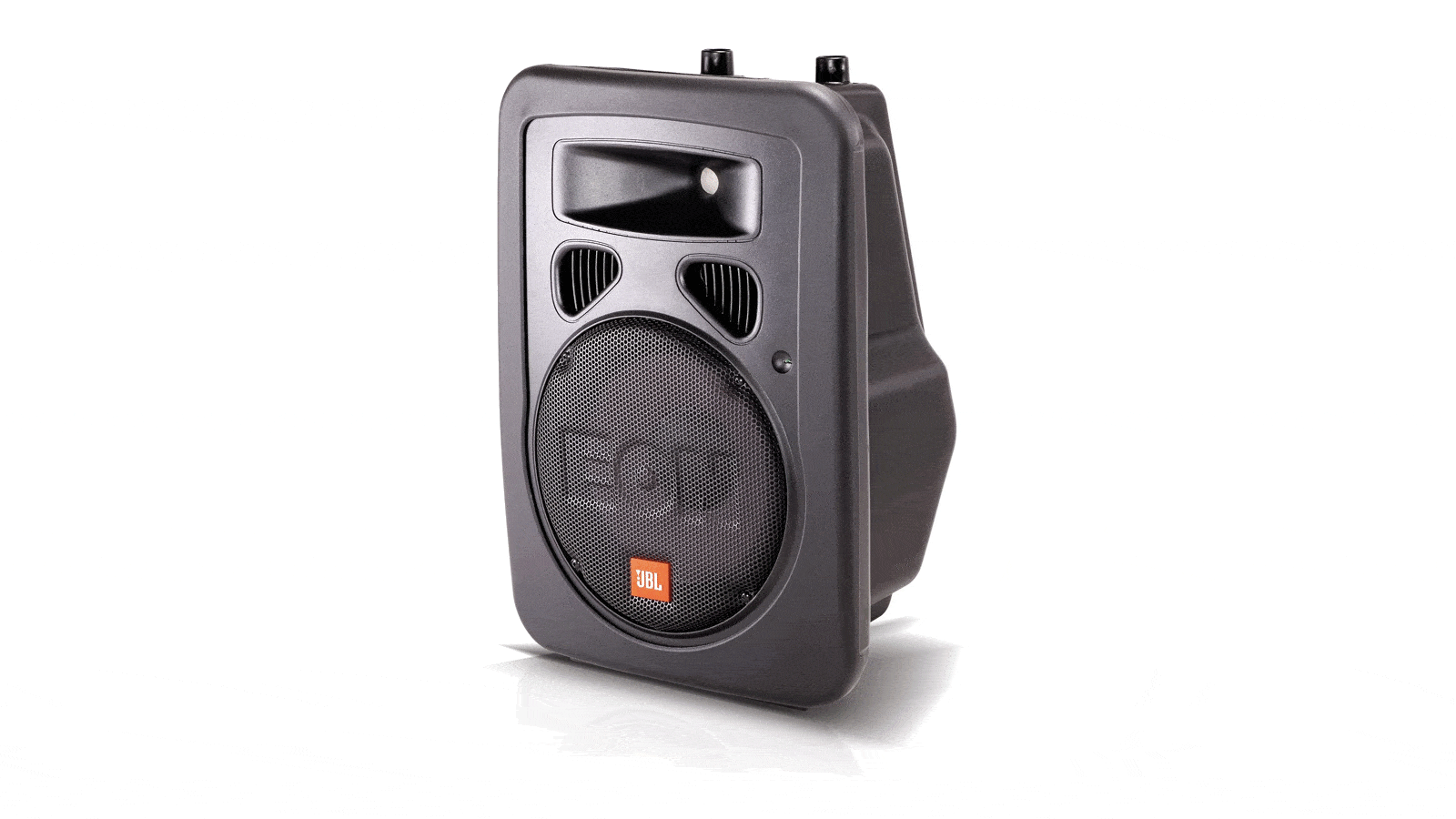
Basic Speaker A
Two Speakers: 1-100
Cont. Watts: 125
Max Watts: 175
Loudness: 117db
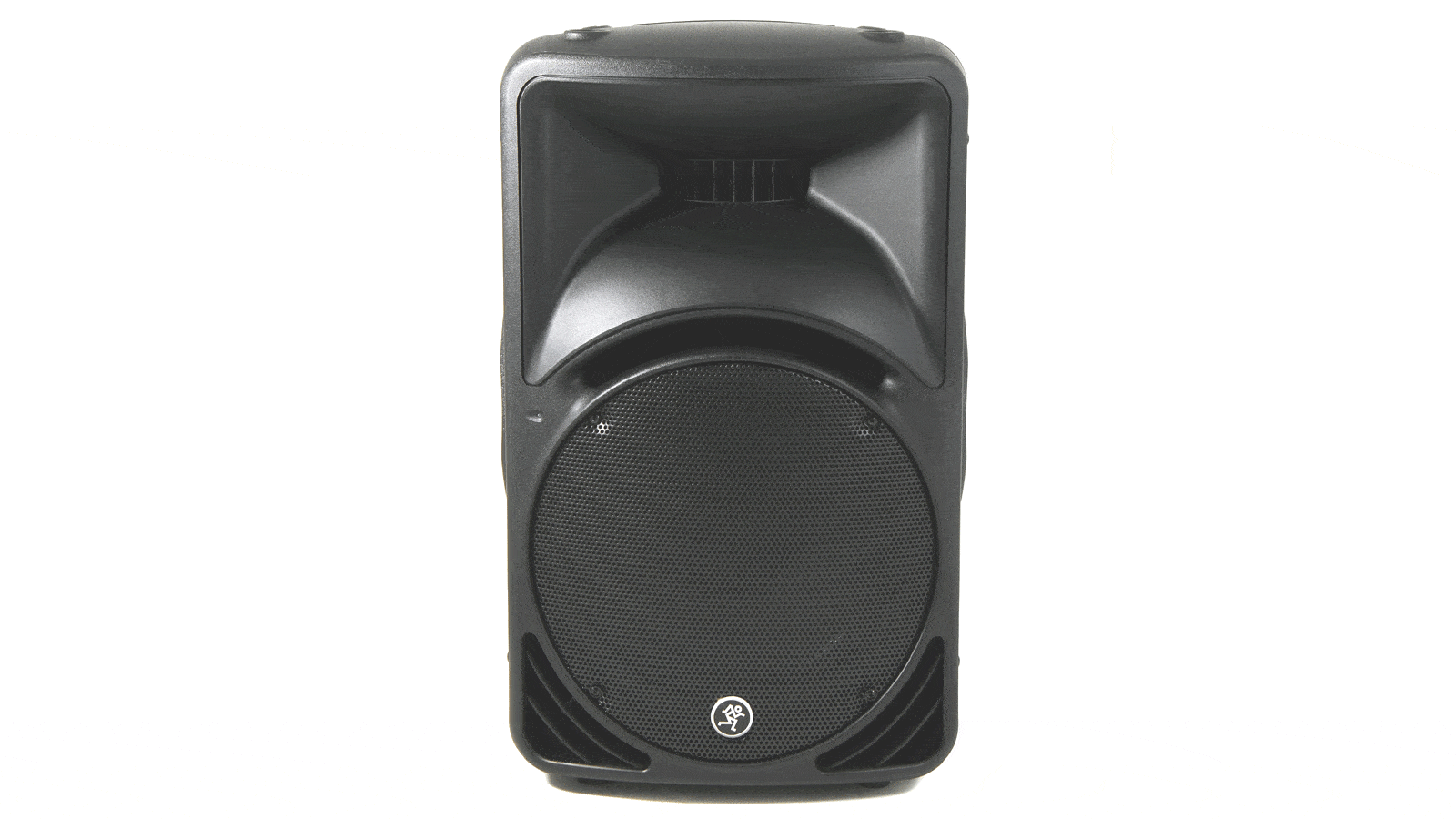
Pro Speaker A
Two Speakers: 1-150
Cont. Watts: 400
Max Watts: 500
Loudness: 124db
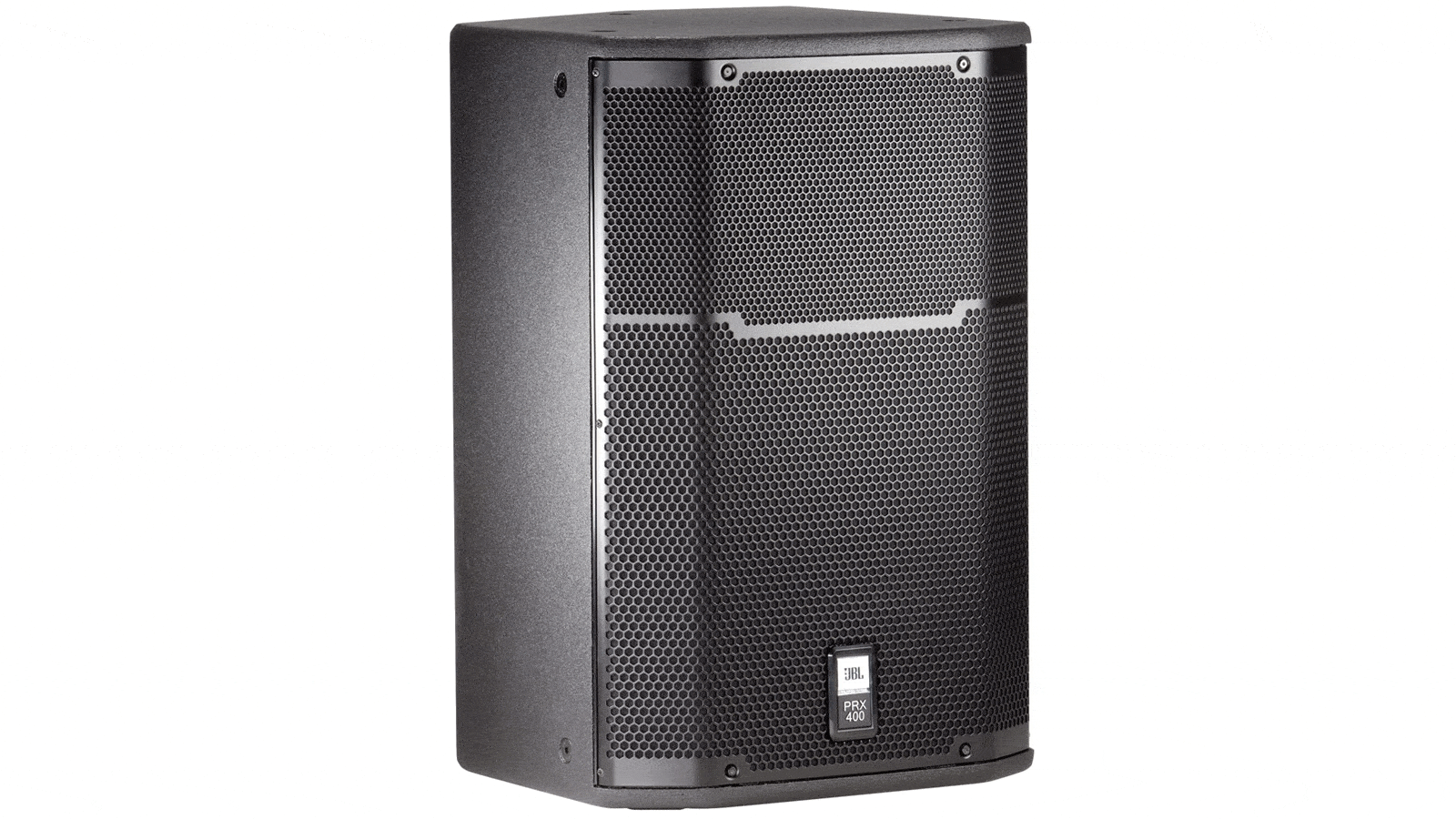
Ultimate Speaker A
Two Speakers: 1-700
Cont. Watts: 1000
Max Watts: 2000
Loudness: 135 db
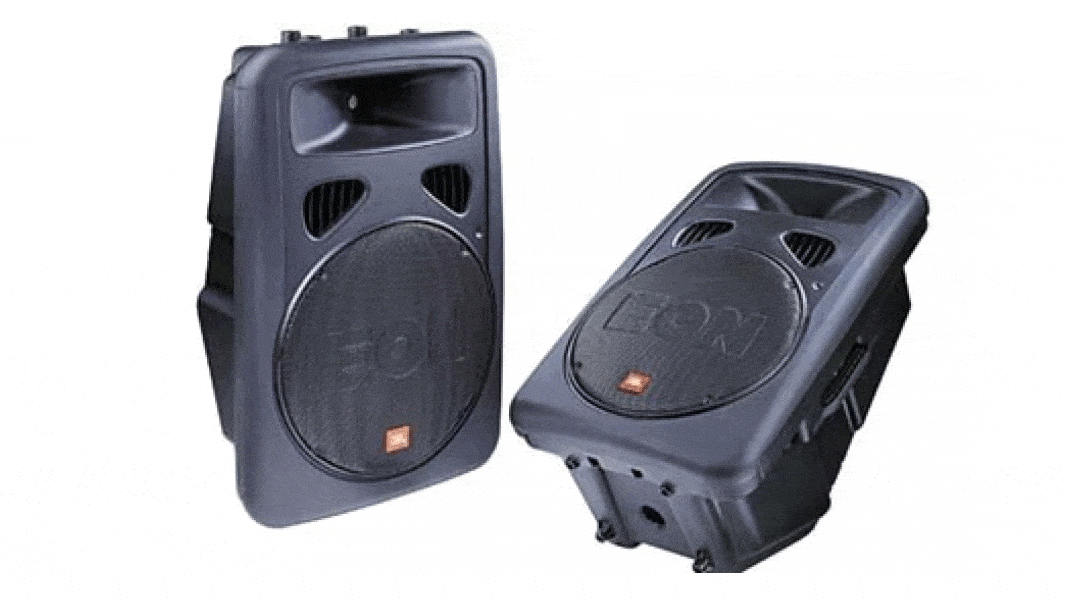
Basic Speaker B
Two Speakers: 1-150
Cont. Watts: 280
Max Watts: 350
Loudness: 127db
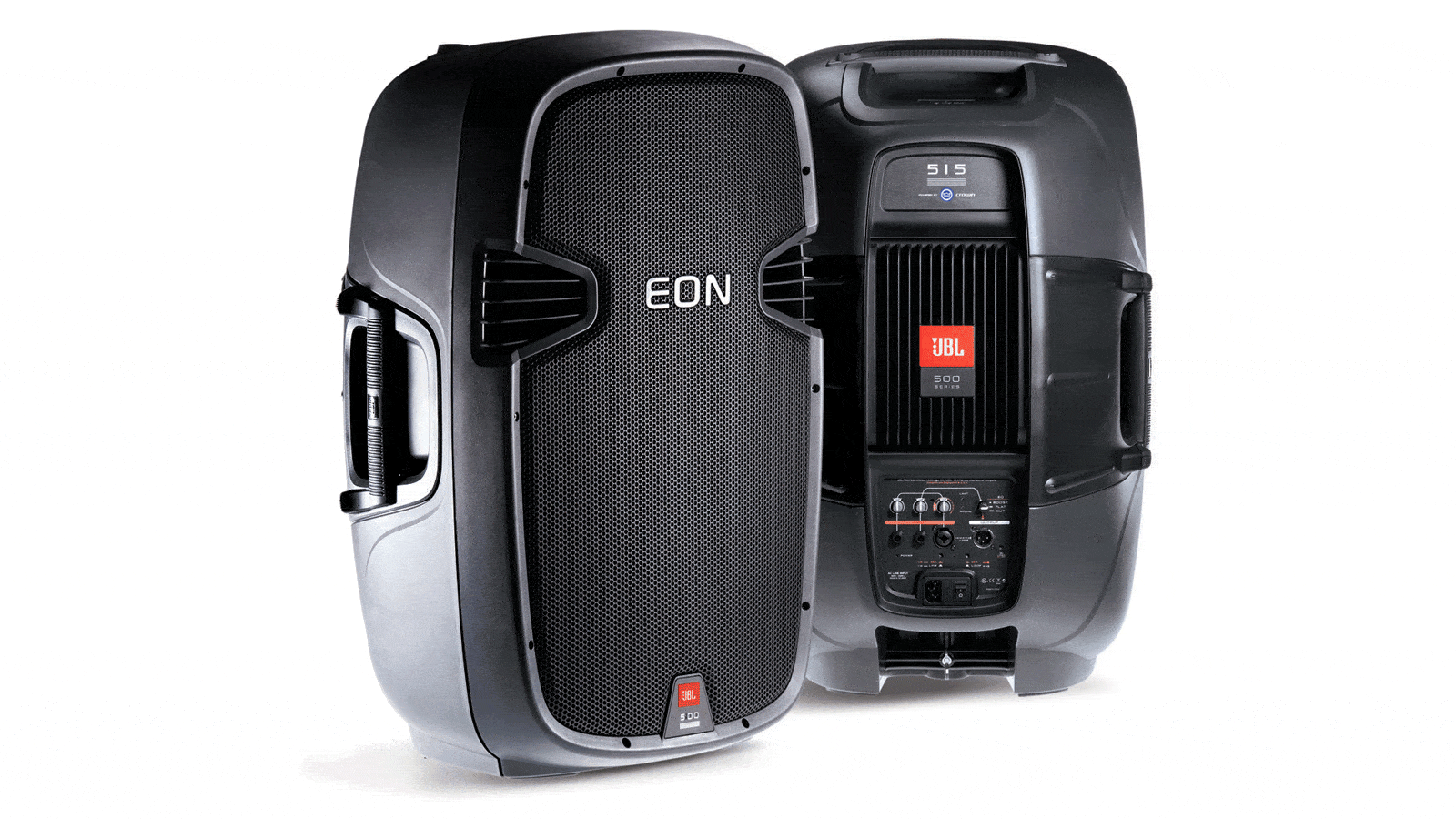
Pro Speaker B
Two Speakers: 1-800
Cont. Watts: 900
Max Watts: 1200
Loudness: 127db/speaker
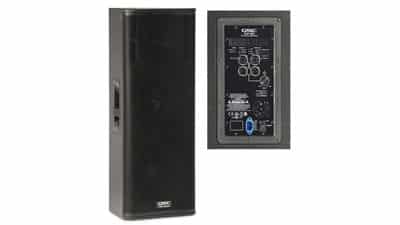
Ultimate Speaker B
Two Speakers: 1-700
Cont. Watts: 1000
Max Watts: 2000
Loudness: 129 db
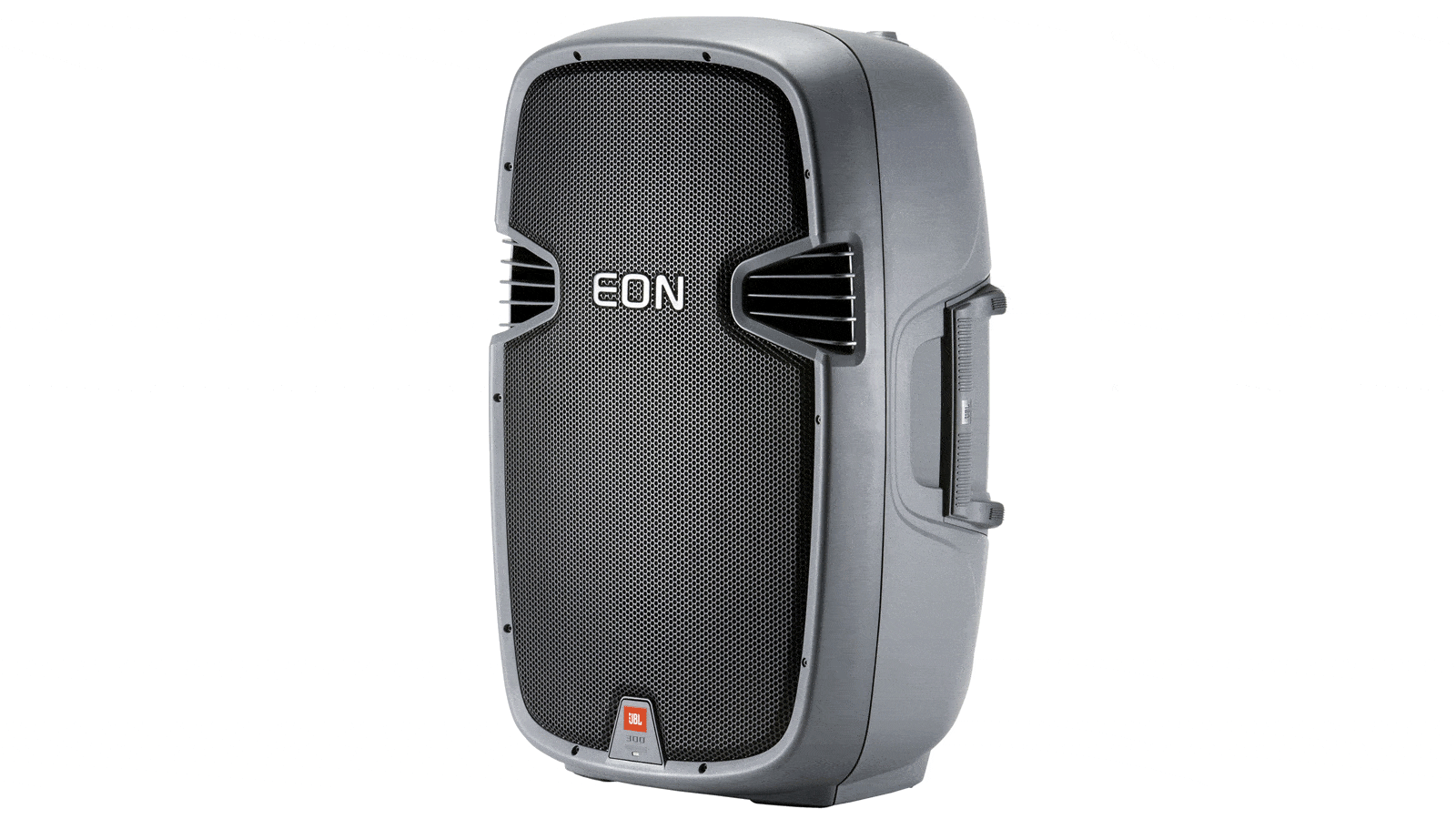
Basic Speaker C
Two Speakers: 1-700
Cont. Watts: 450
Max Watts: 600
Loudness: 130db
3 channel bulit in mixer
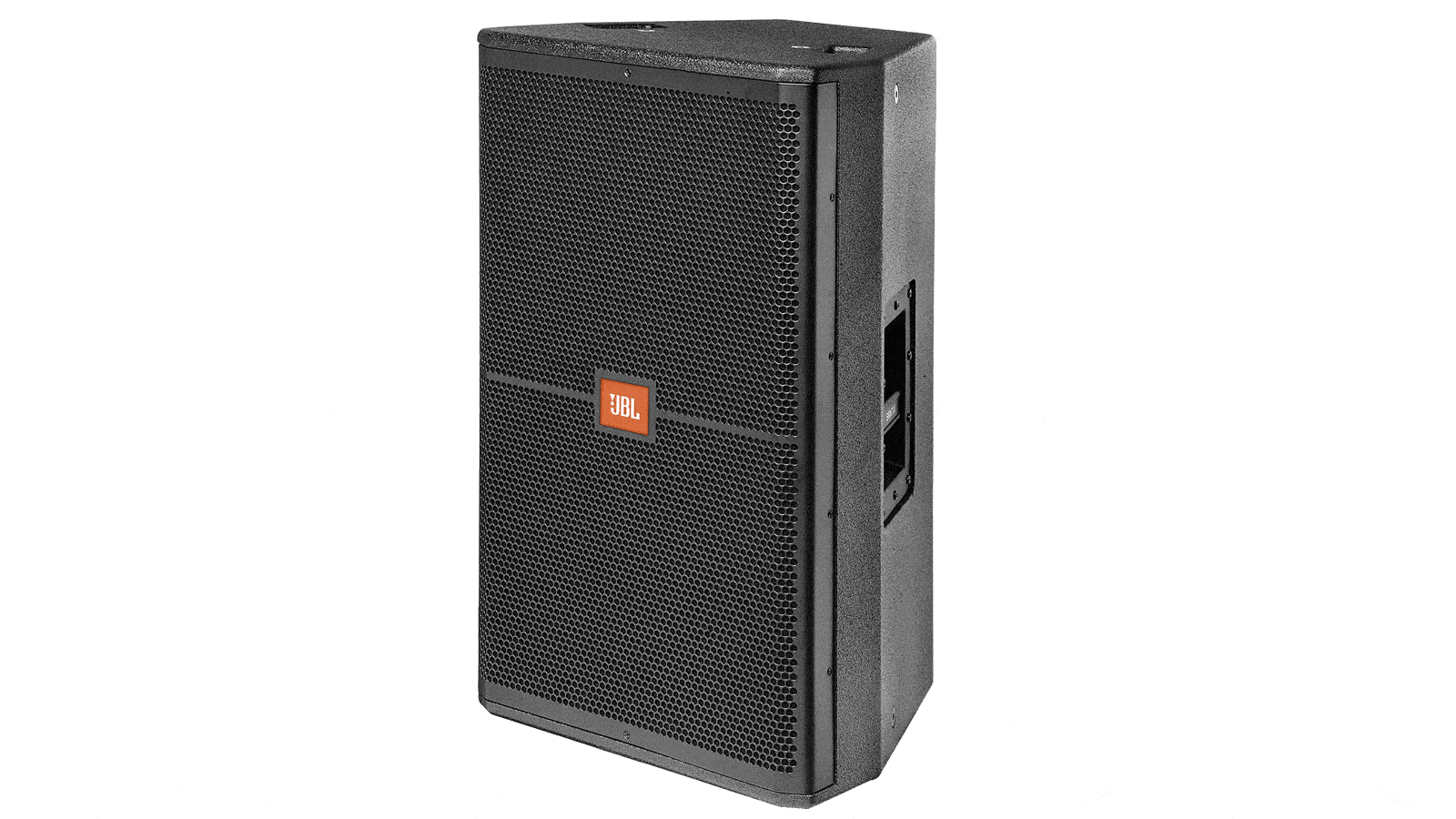
Pro Speaker C
Cont. Watts: 800
Max Watts: 3200
Loudness: 131db

Ultimate Speaker C
Two Speakers: 1-2000
Cont. Watts: 800W cont, 1600W prog
Max Watts: 3200 peak
Loudness: 129/135 db
Kevin Hahn
The speakers were AMAZING!!! (It was too loud that noise complaints were there, so we had to shut the party down, but oh well) We might have to order one of each (one Loud speaker and one sub) for our graduation party - possibly May 31st so yeah But i will rent in the future more from you guys... quality speakers !! Thank you so much!!!!!
FAQ
Make sure to pay online through the link we send you in the body of the email. It will start with "https://". Over the weekends we rent most of the stuff. Booking in advance guarantees that the items will be available on the day of the pickup.
Our delivery window is 3 hrs. We try to meet your deadline. It is very difficult to pinpoint the exact timing in traffic.
We test our equipment before you pickup (if you are picking up in the store). If we are delivering, we make sure they will work You can also test the equipment before the delivery person leaves.
We use JBL/Mackie/QSC brands from our years of experience. All of them has built in amps. So need for external amplifier.
You will get tech’s contact (cell#) if you are setting up equipment.
